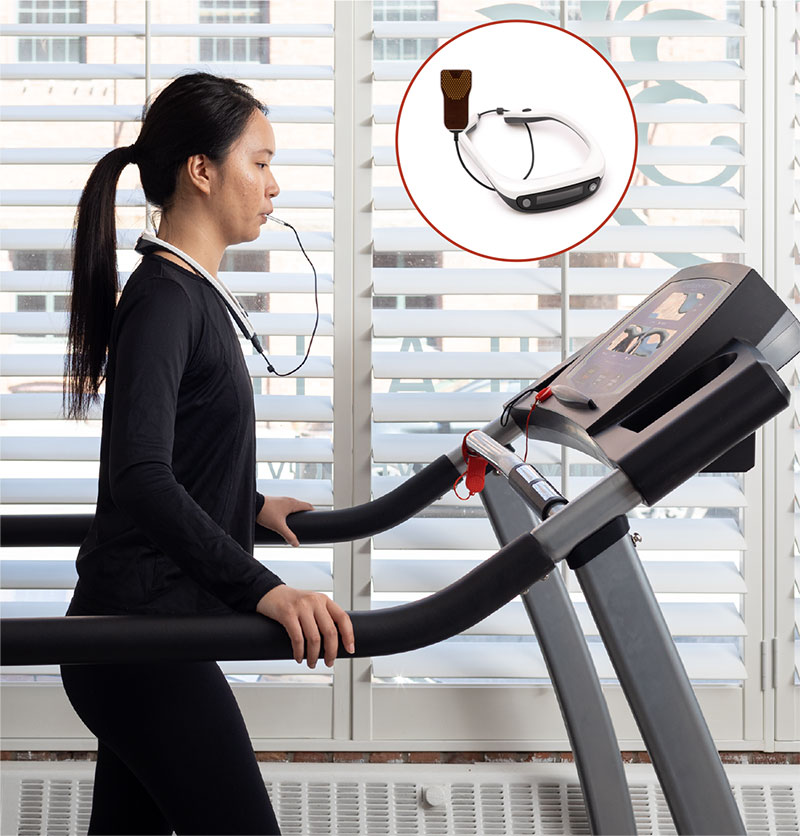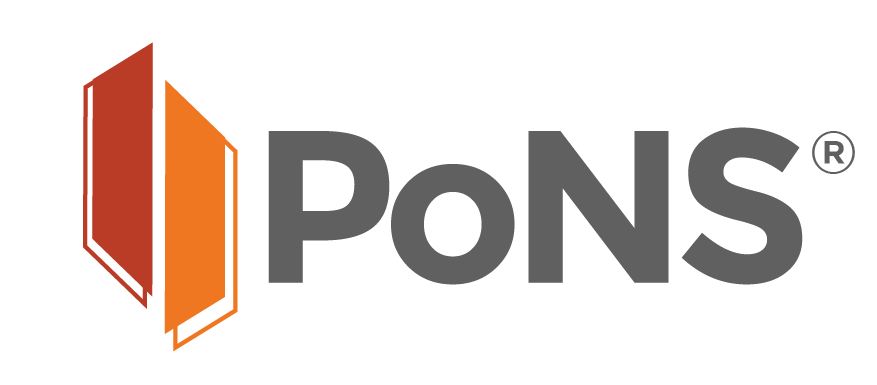The Journey Forward: Traveling with Multiple Sclerosis (MS)
From Limitations to Adventures with PoNS Therapy®
For many people living with MS, limitations in gait (ability to walk) can make traveling stressful or even feel out of reach. In fact, over 70% of people with MS develop trouble with their gait.1 These challenges ripple into other aspects of life—making family vacations, sightseeing trips, or even short weekend getaways feel overwhelming and out of reach, keeping you from experiences you enjoy.
Exploring the World with MS—One Step at a Time
Meet Kerrie Walters, an MS patient diagnosed at age 21 who has reignited her passion for travel with the help of PoNS Therapy. At 57, she’s looking forward to floating through limestone caves past Mayan sites and waterfalls—something she never imagined possible just a few years ago. Instead of letting MS hold her back, Kerrie has been checking off bucket-list adventures, from Belize to Mexico, trips she once thought were out of reach.
Still, living with MS means traveling the world is different. She carefully balances her energy, chooses activities she can adapt to, plans extra time at airports, and sometimes has to pass up experiences (like long hikes) that others take for granted. Yet her journey is a powerful reminder that living with MS doesn’t mean giving up the things you love, it means finding new ways to keep moving.
“[PoNS] has dramatically improved my gait,” she said of the device. “The benefits are unbelievable…My husband and I went to Belize and walked through a jungle. Before this treatment, I wouldn’t have even considered it.”
Read more about Kerrie’s story and how she was the first person in Oregon to try PoNS Therapy.

What is PoNS® (Portable Neuromodulation Stimulator)?

PoNS is a non-invasive device that works by gently stimulating the nerves on the tongue to activate areas of the brain involved in movement and coordination. When combined with physical rehabilitation exercises, this treatment is known as PoNS Therapy. In the recent PoNSTEP Study, participants who maintained a strong adherence to their therapy (meaning that they consistently followed their 14-week therapy plan) had a statistically significant average improvement in their Dynamic Gait Index (DGI). This improvement was maintained for at least 6 months after treatment completion2:
- 50% of participants who maintained 85-100% adherence to PoNS Therapy saw an improvement of nearly 7 points in DGI scores2
- 74% of those who maintained 70% adherence gained at least a 5-point improvement in DGI scores from baseline to end of treatment2
Mobility challenges don’t have to stand in the way of your next trip.
Learn more about how PoNS Therapy can help you.
Are you ready to Get Back In Step With Life?
Individual results and experiences may vary. Talk to your doctor to see if PoNS is right for you.
References
- Williams AE, et al. Mult Scler Int. 2014;2014:203183.
- Backus D, Langston C, Yadav VJ, et al. Long-term efficacy of translingual neurostimulation on gait deficit in MS: PoNSTEP study.CMSC Conference, Phoenix, AZ; May 2025. [Abstract]
